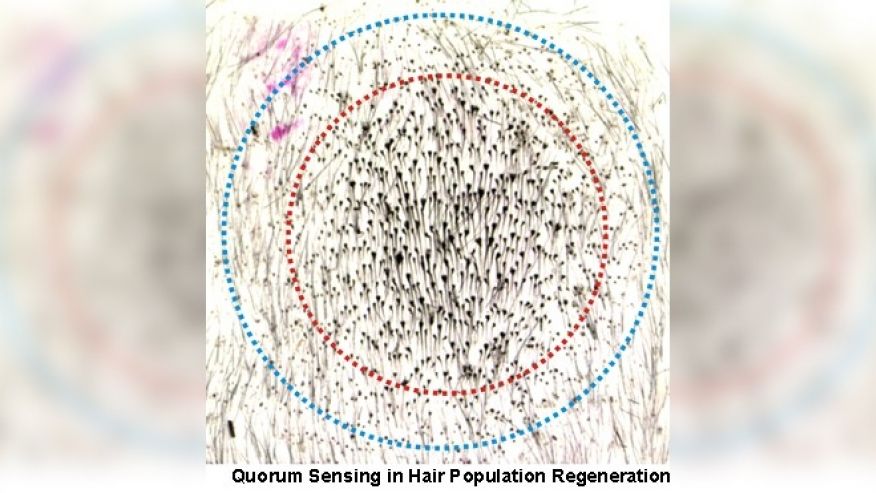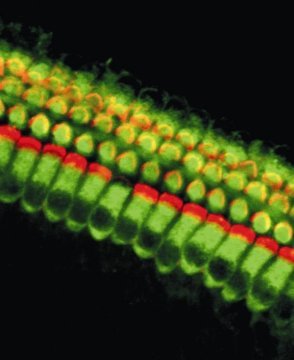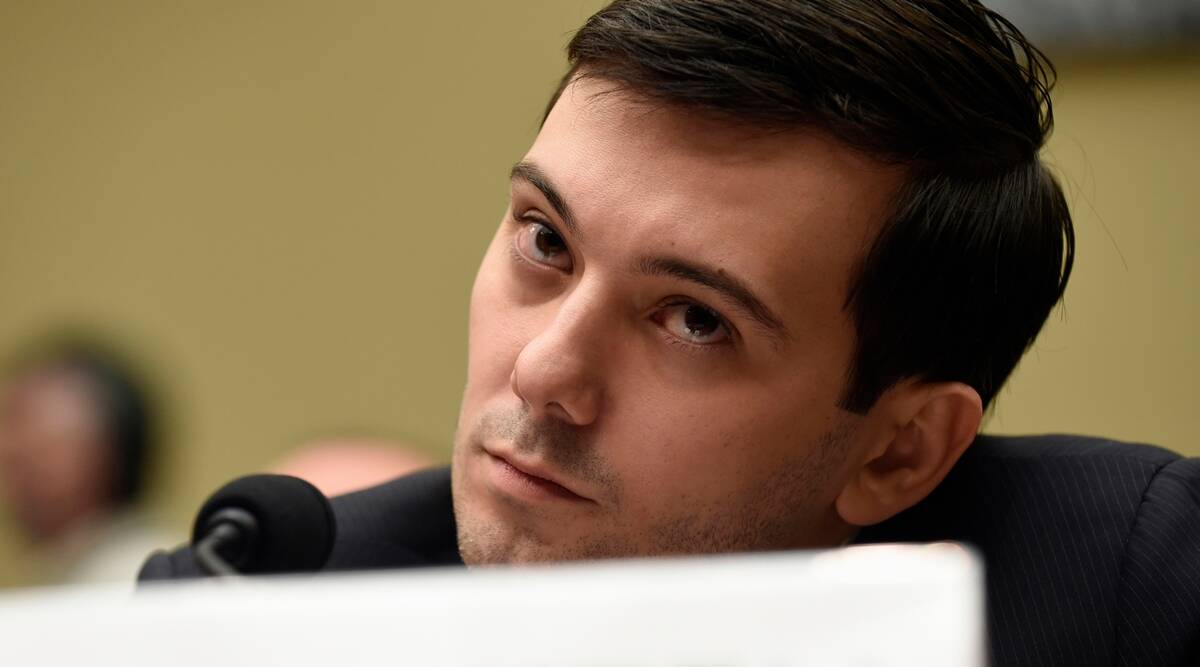Medications that can inhibit the growth of two “catastrophic cancers” will next week be made available to Australians at a tiny fraction of the original price.
Health Minister Greg Hunt has announced the listing of cancer medicines alectinib (brand name Alecensa) and carfilzomib (brand name Kyprolis), whose manufacturers usually command more than $100,000 per court of treatment.

Listing these medicines on the Pharmaceutical Benefits Scheme means that from January 1, patients will pay only a maximum of $39.50 per script, with concessional patients paying just $6.40.
“In other words, drugs which are life-changing were impossible to be paid for by most people, now they’ll be in the reach of everybody who needs them,” said Mr Hunt.

From Monday, patients with a form of non-small cell lung cancer that is caused by an abnormal gene will be able to access alectinib, which works by targeting and blocking receptors found on the cancer cells.
In some cancers, these receptors are overactive, causing cells to grow and divide too fast. This medication inhibits these receptors to slow or stop tumour growth.
About 250 eligible patients each year will benefit from the listing of alectinib, which would otherwise cost around $188,430 per course of treatment.
In addition, patients with relapsed refractory multiple myeloma, a cancer of plasma cells, will be able to afford carfilzomib, which works by inhibiting the growth of cancer cells and helps boost survival rates.
Multiple myeloma can prevent healthy plasma cells from working properly, making the bones weaker and leading to the spread of tumours in the bones.
Since multiple myeloma does not have a cure, most patients with multiple myeloma will relapse.
About 550 patients are expected to benefit each year. Normally patients would pay around $138,800 per course of treatment.
“Ultimately, this is medical science being translated to the reach of every Australian who needs it, and what we’re doing is we’re investing $300 million,” said Mr Hunt.
“We’re bringing these drugs into the reach of those who have a desperate need and without this help they simply wouldn’t be able to afford it.”
[“Source-smh”]



















